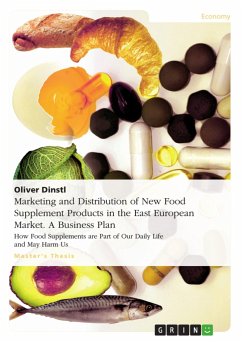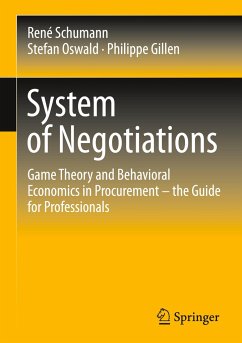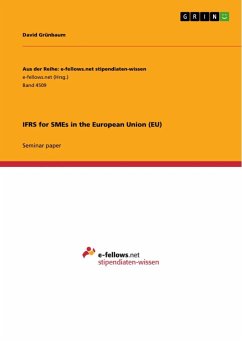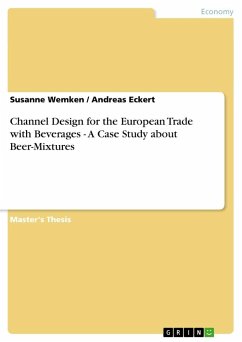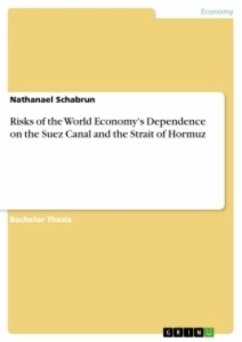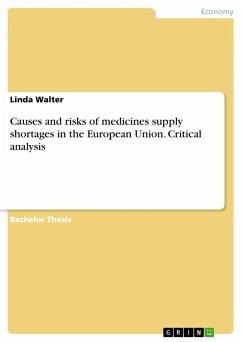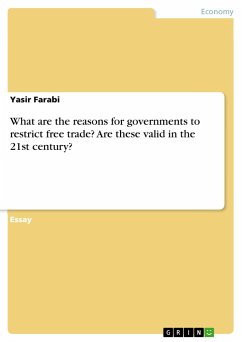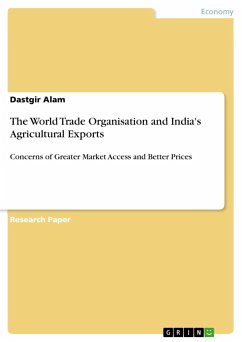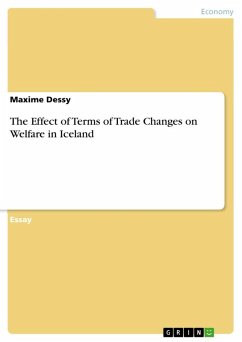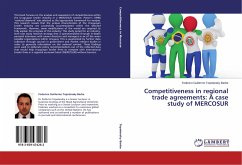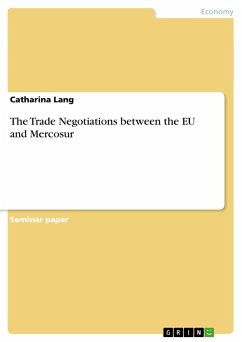
The Trade Negotiations between the EU and Mercosur

PAYBACK Punkte
0 °P sammeln!
Seminar paper from the year 2002 in the subject Business economics - Trade and Distribution, grade: 1,3 (A), University of Applied Sciences Mainz (-), course: European Integration, language: English, abstract: During the last two decades, regional trading blocs and intra-regional trade have been gradually built up. Moves towards a liberalisation of international trade have led to the formation of large and increasingly regional trading blocks. Advantages deriving from international trade include political stability and overall growth. The three largest and best-established trading regions worl...
Seminar paper from the year 2002 in the subject Business economics - Trade and Distribution, grade: 1,3 (A), University of Applied Sciences Mainz (-), course: European Integration, language: English, abstract: During the last two decades, regional trading blocs and intra-regional trade have been gradually built up. Moves towards a liberalisation of international trade have led to the formation of large and increasingly regional trading blocks. Advantages deriving from international trade include political stability and overall growth. The three largest and best-established trading regions worldwide are NAFTA, EU and Asia-Pacific (ASEAN and APEC).Without being a member or contracting party, the European Union already participated in trade negotiations of GATT, OECD and UN and has also favoured Mercosur's process of regional integration from its very conception in 1991. Today Mercosur is the world's fourth largest single market, after the EU, the USA and Japan. Mercosur's aim to become a real common market forms the main element in the creation of an association between both regions. This book mainly concentrates on the bilateral negotiations on trade issues between the European Union and Mercosur.




